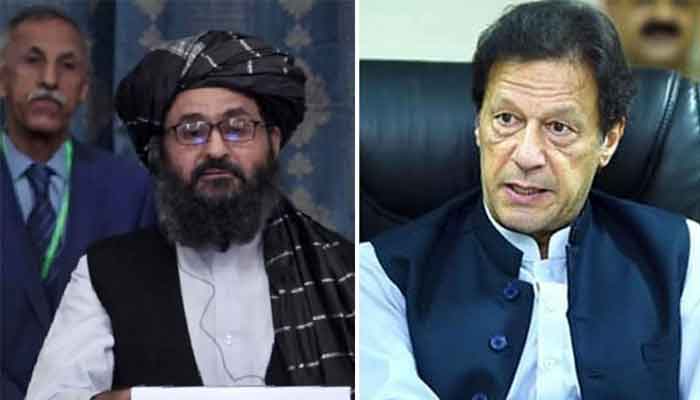
The Taliban and their Pakistan-based supporters may be thrilled that they have managed to overthrow what they perceived as two decades of governments that were ‘supported by India.’ However, triumphalism and swagger will not boost Pakistan’s economy, nor will it provide desperately needed aid to war ravaged Afghanistan.

Similarly, the fait accompli in Afghanistan does not mean that the world no longer considers Afghanistan-Pakistan as ‘jihad central’ or that Pakistan will once again be able to leverage its location for economic and military largesse.
The Taliban spokesmen may have “promised that this time around things would be different” but as an editorial in Dawn points out, “the evidence up till now is not too convincing where the Taliban’s ‘inclusivity’ is concerned. For example, Afghan journalists say they have been beaten and tortured by the Taliban for covering protests, while the new ruler have also fired shots in the air to disperse women demonstrators. Moreover, some former Afghan lawmakers who managed to escape the country say that the Taliban were hunting them down until they were able to flee clandestinely.”
Further, “the make-up of the interim Taliban government — announced earlier this week — is anything but inclusive. The all-male line-up consists of the Taliban old guard, as well as members of the movement’s inner circle. There appear to be no members of the Tajik, Uzbek and Hazara communities in the interim set-up.”
The Taliban remain an ideological group whose members are reluctant to either share power or change their views on their core beliefs. As former editor of Dawn, Abbas Nasir notes, “They need international cooperation, even if recognition is not on the cards as we speak. But they will be hamstrung by their dogmatic ideology in their ability to make many concessions.” This means, Nasir, notes, that “Pakistan may have to carry the burden of global expectations of moderating the Taliban.”
However, if “the ideologically adamant Taliban are not prepared to move from their rigid position on an ‘inclusive’ government and rights of women” then this will create multiple challenges for Pakistan.
Further, Pakistan also faces a security challenge “if the TTP attacks on Pakistani soil continue and the Afghan Taliban can’t or won’t deliver on their promised ‘our soil will not be used against attacks on any other country’.” While there are those who argue that Pakistan’s security services “are cognisant of every eventuality and have a dynamic, flexible plan in place to deal with such challenges” Nasir expresses skepticism pointing out that “given the violent and bloody experience of the past decade and a half, all I’d say is that the proof of the pudding is in the eating. Hope and pray our civilians and young uniformed defenders are not called upon to offer more blood sacrifices.”
![]()





